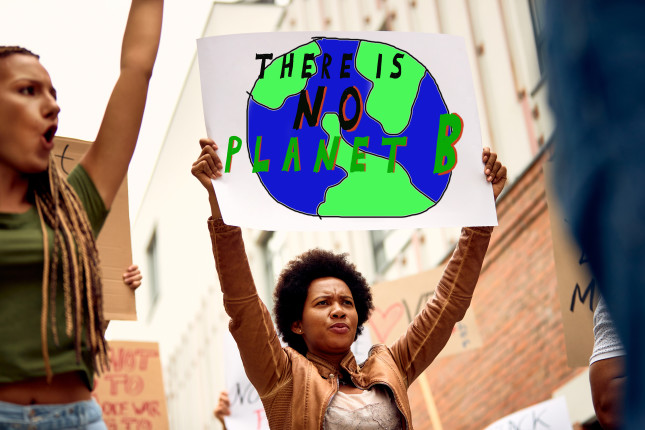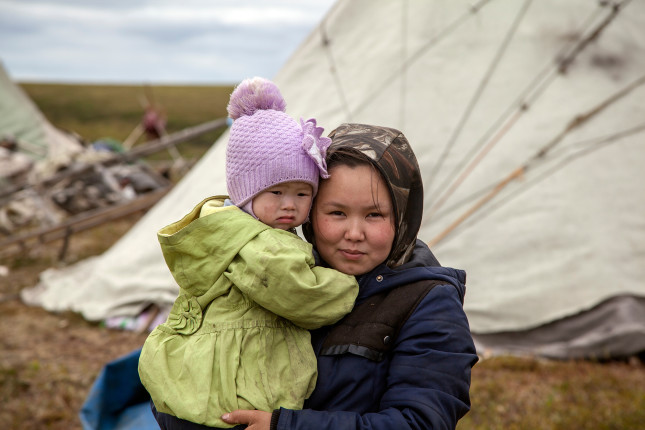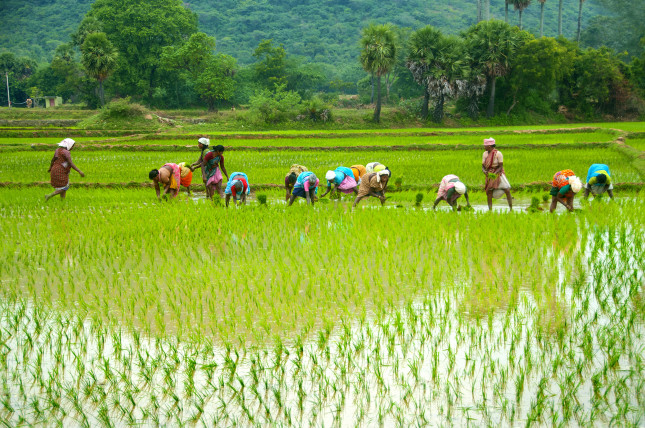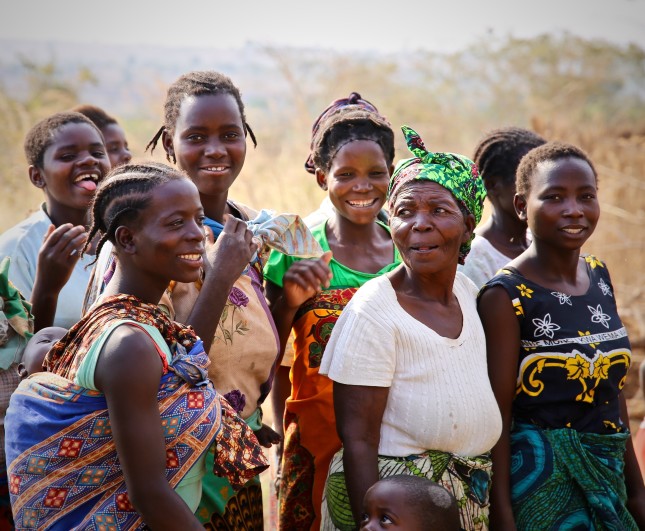-
U.S., Mexico Sign Rio Grande Water Agreement
›
U.S. and Mexican officials settled a water dispute that had been simmering for several months and led to protests by Mexican farmers concerned about water access.
-
Integrate Gender When Designing Climate Policy
›
The team of people tasked with coordinating the global climate change negotiations for the 26th UN Climate Change Conference (COP26) in 2021, we recently learned, consists entirely of men. While not surprising to many feminists in this space, this blatant disregard of gender diversity and women’s perspectives in climate policy is all too common. And it reflects broader ignorance of how gender and climate change intersect.
-
Building Bridges: What It Will Take to Develop a Safe, Effective COVID-19 Vaccine
›
“I think we have to remember not to forget what these diseases did in the past and to actively collaborate, to work with each other, and to communicate well that vaccines work,” said Dr. Paul Duprex, Director of Pitt’s Center for Vaccine Research and Professor of Microbiology and Molecular Genetics at a recent Wilson Center event on the development of a COVID-19 vaccine, co-sponsored by the University of Pittsburgh (Pitt), March of Dimes, and the Jonas Salk Legacy Foundation.
-
Climate Superpowers Could Alter Foreign Policy Landscape
›
“Climate change has the potential to be a very important confidence-building measure between the United States and China,” said Sharon Burke, Senior Advisor of the International Security Program and Resource Security Program at New America. “Because no matter what else is happening in our relationship, we can succeed together on climate change.” She spoke at the launch for a project co-led by the Wilson Center’s Environmental Change & Security Program and adelphi, “21st Century Diplomacy: Foreign Policy is Climate Policy.” Hosted as part of the Berlin Climate and Security Conference, the discussion focused on the “climate superpowers” section of the project.
-
Climate Migration and Cities: Preparing for the Next Mass Movement of People
›
Amid the COVID-19 pandemic, communities across the globe are experiencing unprecedented climate disasters.
According to modeling by ProPublica, the Pulitzer Center, and The New York Times Magazine, in the event that governments take “modest action to reduce climate emissions, about 680,000 climate migrants might move from Central America and Mexico to the United States by 2050.” That number leaps to above a million people in a scenario where no action is taken. The impacts of climate change on people’s decision to move are not constrained to the developing world, or even across borders. A recent study found that one in 12 Americans currently residing in the southern U.S. will move to California and the Northwest over the next 45 years because of climate influences.
-
The Impacts of Climate Change on Alaska Native Maternal Health (Part 1 of 2)
›Dot-Mom // Navigating the Poles // October 14, 2020 // By Deekshita Ramanarayanan, Marisol Maddox, Bethany Johnson & Michaela Stith
Each year, 700 women in the United States die as a result of pregnancy-related complications. In fact, the United States has the highest maternal mortality ratio of all high-income countries—16.7 maternal deaths per 100,000 live births. For Indigenous/Alaskan Native women, that number is even higher: Indigenous/Alaska Natives are 2.3 times more likely to die from pregnancy-related complications than their white counterparts. While recent years have seen growing national attention to the U.S. maternal mortality crisis, research and advocacy for Indigenous peoples’ maternal health in the United States has been limited. This research gap includes the Alaskan Native peoples—Iñupiat, Yupik, Aleut, Eyak, Tlingit, Haida, Tsimshian, and multiple Diné tribes.
-
Agriculture’s Achilles’ Heel: Water Insecurity Is the Greatest Threat to Sustaining Global Food Production
›
Simply put, without water there is no food. Global food and nutritional security require resilient agricultural systems, which, in turn, depend on reliable and sustainable supplies of freshwater, whether from rainfall or irrigation. It is an often-neglected dependency, and one that threatens to undermine our ability to meet our future food needs and maintain the ecosystems upon which all life depends.
-
Meeting Women’s Modern Contraceptive Needs Could Yield Dramatic Benefit
›
“Achieving true progress on sexual and reproductive health and rights requires a comprehensive approach and a commitment to tackling deeply entrenched inequities and injustices of which marginalized communities continue to bear the brunt,” said Dr. Herminia Palacio, President and CEO of the Guttmacher Institute. She spoke at a recent Wilson Center event where speakers analyzed findings from the Guttmacher Institute on the state of sexual and reproductive health and rights (SRHR) globally.
Showing posts from category U.S..











